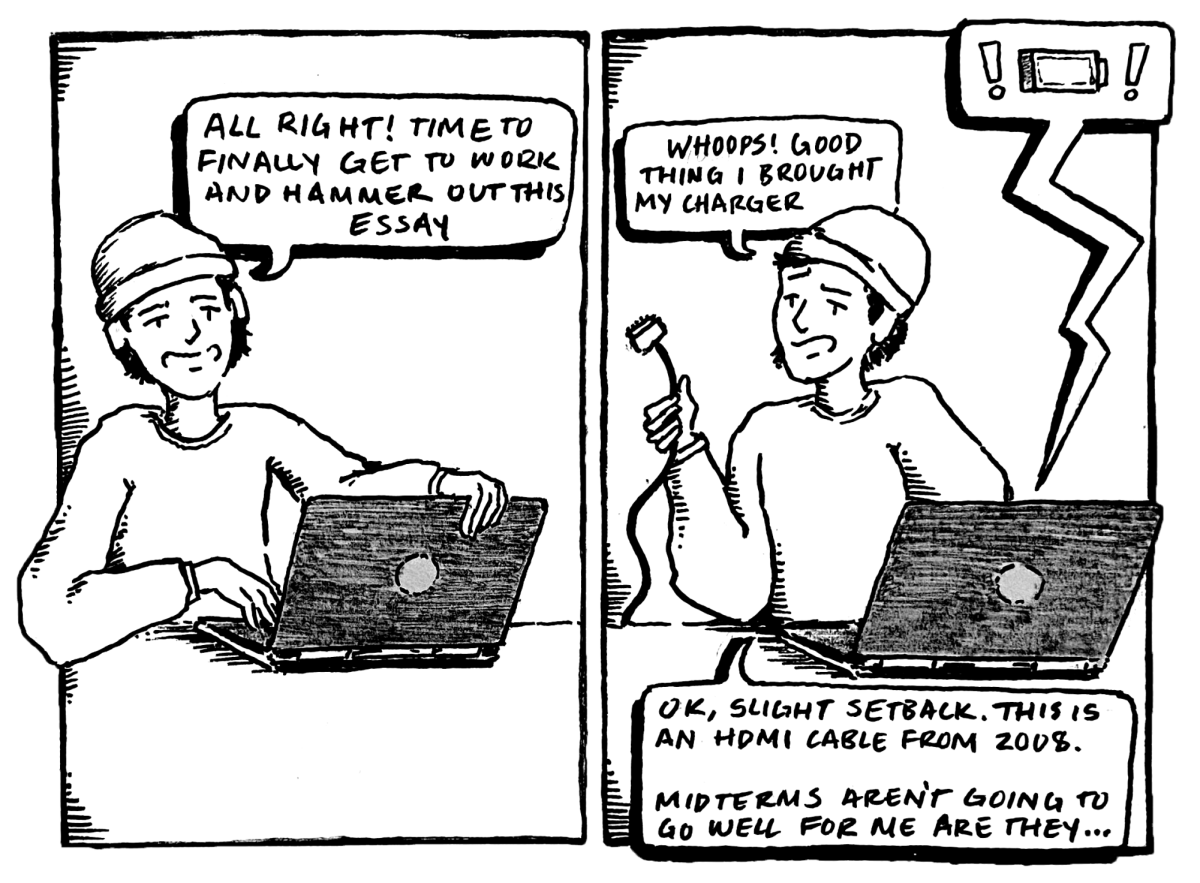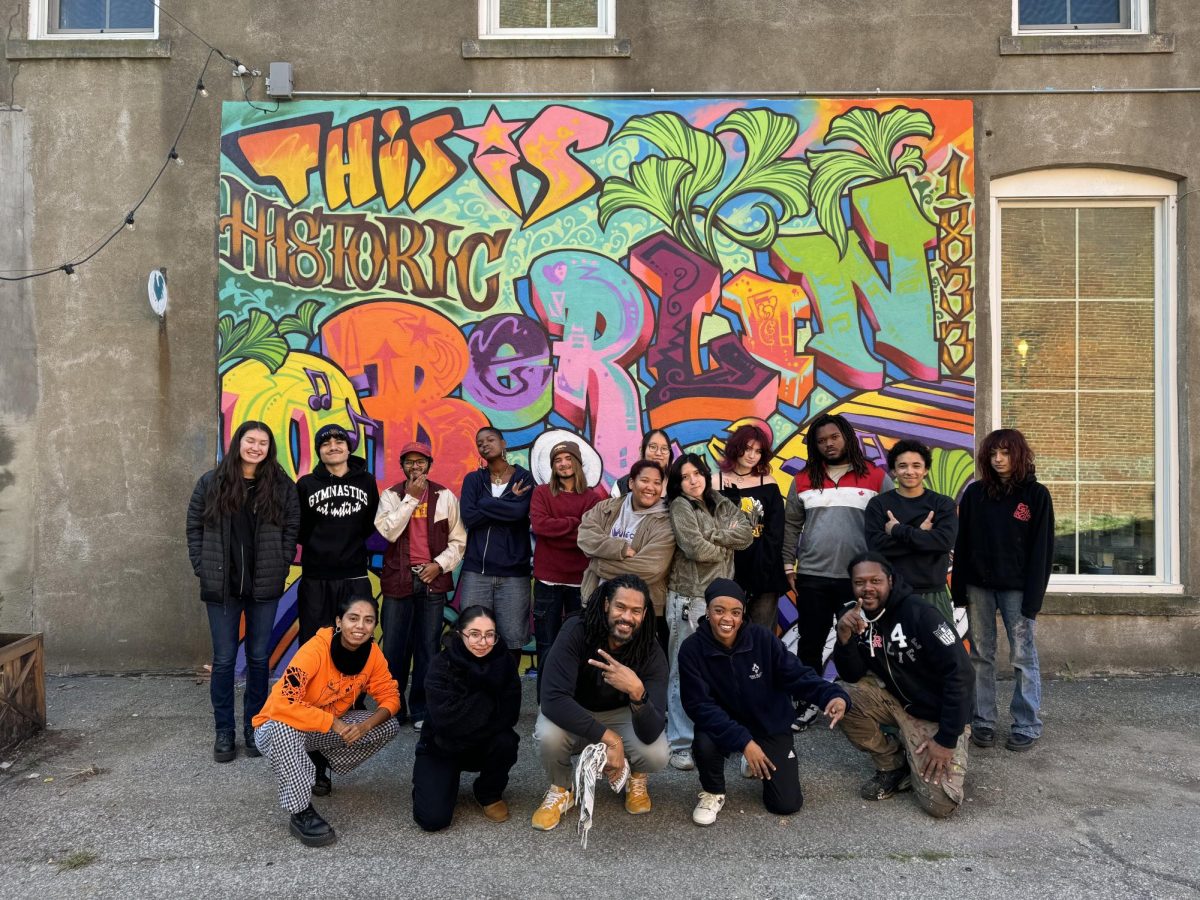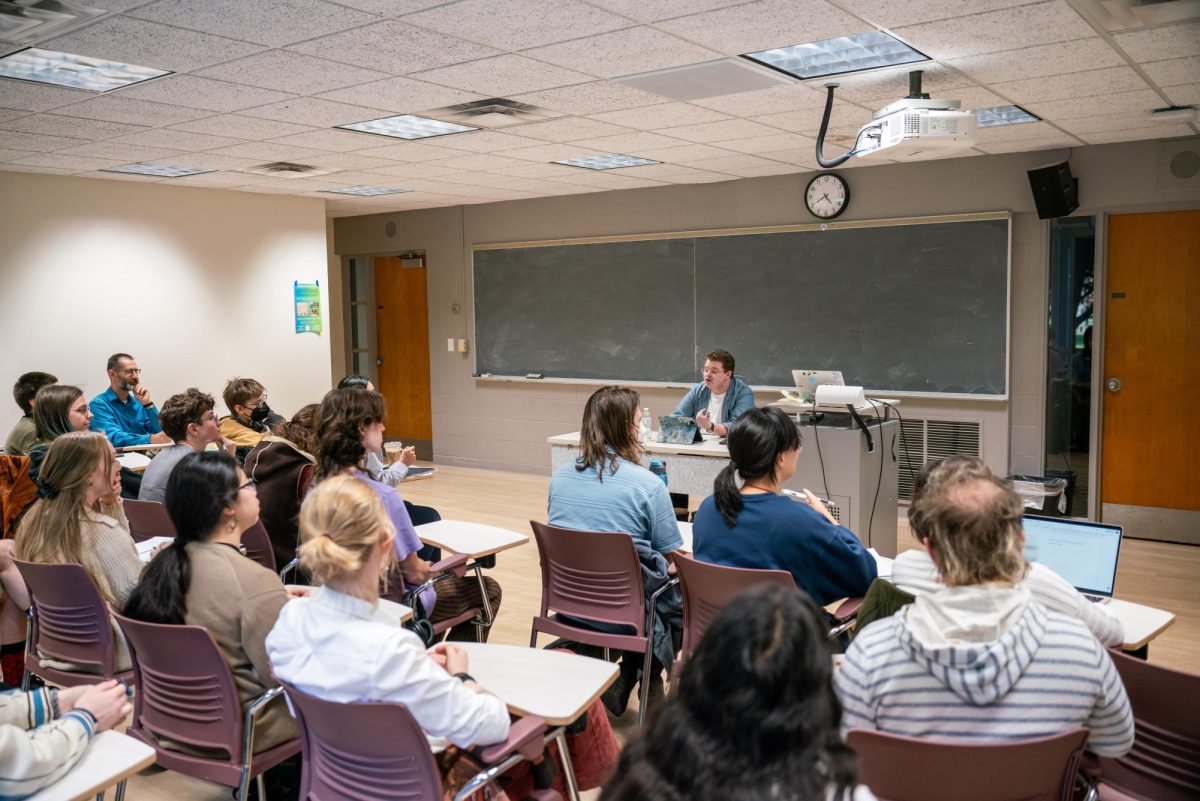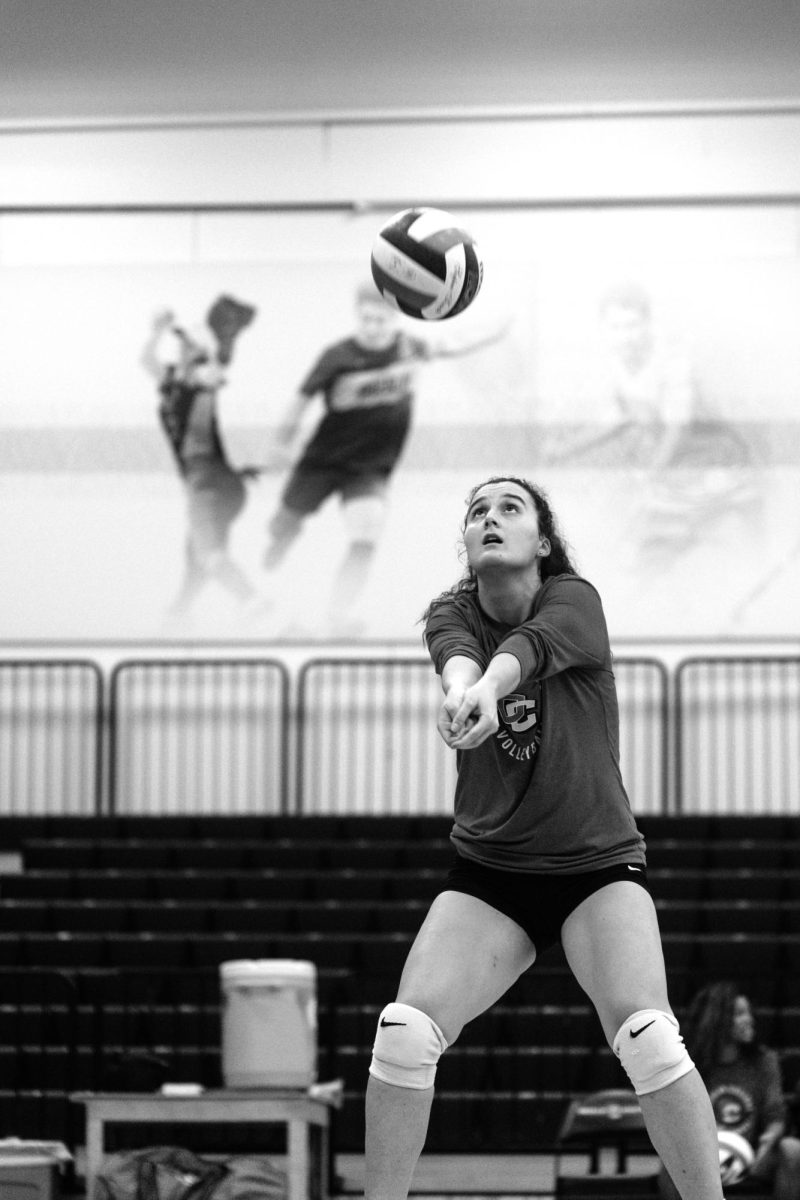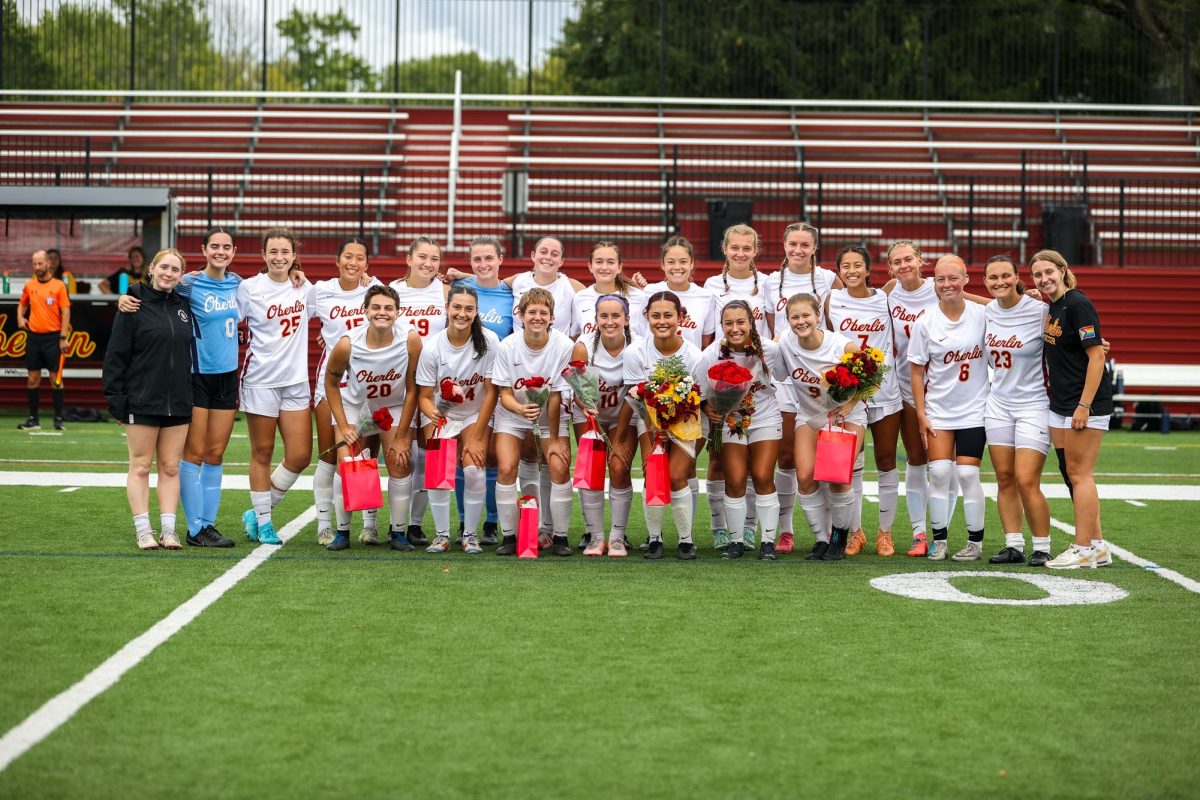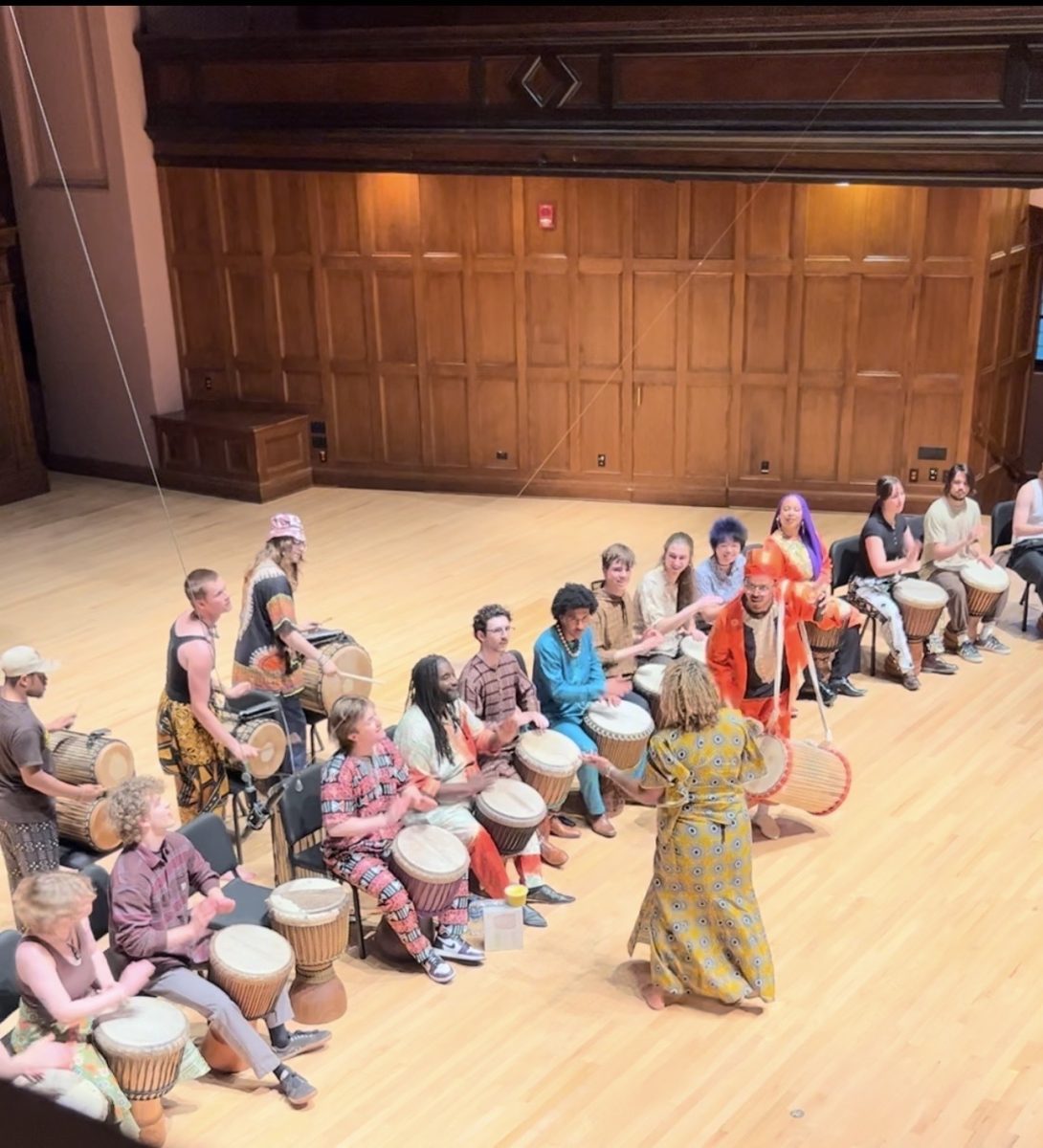Classroom Censorship Does Not Protect Against Real World Experiences
November 20, 2015
To the Editors:
In a feisty essay published in last week’s Review, columnist Cyrus Eosphoros delivers the following ultimatum to Oberlin’s faculty: “If a professor feels like putting their students — over whom they have substantial power — in danger, the least they could do is prove it’s necessary to their course. If hurting people is vital to the professor’s pedagogy, the proof should be obvious” (“Classroom Censorship Can Improve Learning Environment,” Nov. 13, 2015).
I would go considerably further and declare that there is no pedagogical imperative that could ever — under any circumstances — justify putting a student “in danger.” Similarly, any educator who believes that “hurting people” is as essential part of teaching has obviously chosen the wrong profession.
But the more closely you read Mr. Eosphoros’ proposal, the more quickly you realize that he has little or no interest in protecting students from real (objectively recognizable) forms of danger. To the best of my knowledge, sword swallowing and fire eating are no longer part of the Oberlin curriculum. Then again, it’s not beyond the realm of possibility that ExCo might begin offering a course in dumpster diving.
Which is simply another way of saying: No reasonable person would use words like “danger” and “hurt” the way Mr. Eosphoros does. Being asked to read an adaptation of the Antigone myth in a politics class (one of Mr. Eosphoros’ examples of the way a professor might hurt or endanger a student) does not comport with any reasonable person’s (or any reputable dictionary’s) definition of “danger” or “hurt.”
It is only in the parallel universe of institutions like Oberlin that the meanings of such commonplace words are routinely re-defined in Orwellian ways. But speaking of Orwell, Mr. Eosphoros’ proposal is a “must read” for anyone with even a casual interest in the future of academic freedom. In this regard, I give him kudos for forthrightness, for candidly speaking his mind, rather than beating around the rhetorical bush. Most would-be censors try and disguise their draconian proposals in sugar-coated euphemism: Not Mr. Eosphoros, who comes right out and plainly states: “I’d like to make a case for censorship.”
Presumably he would appoint a committee — perhaps one consisting solely of himself — for the express purpose of pre-screening course syllabi, scrutinizing them for any trace of subject matter that might prove potentially dangerous or hurtful.
But if the plot of a Greek myth about the ethical standoff between Antigone and her uncle Creon is a typical example of what Mr. Eosphoros deems potentially “triggering,” then what Greek or Shakespearian tragedy could possibly avoid sparking unpleasant memories, disturbing emotions or unsettling ideas in some member of the Oberlin community?
The idea that educators should attempt to anticipate — and palliate — every variety of subjective response their teaching might elicit is both absurd and unrealistic. It’s also self-deluding. But maybe that’s what Mr. Eosphoros is really proposing: that we redefine education as a comforting mode of self-delusion. Perhaps the new motto would read: “I feel safe, therefore I am safe.”
In a recent episode of South Park, Cartman, Stan and Kyle set out to transform the entire town into a certifiable “safe space.” But a sinister outside agitator named Mr. Reality keeps foiling their plans by reminding them that “the world isn’t a liberal arts campus.” Eventually, the young zealots conclude that the only way to achieve their goal is to organize a lynch mob and hang Mr. Reality. The episode concludes with the entire populace of South Park applauding wildly as the body of Mr. Reality drops from the gallows and begins to swing, limply, from the end of a rope.
– Roger Copeland Professor of Theater and Dance








